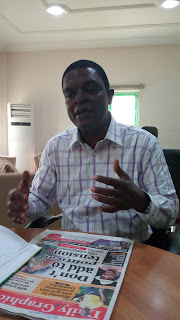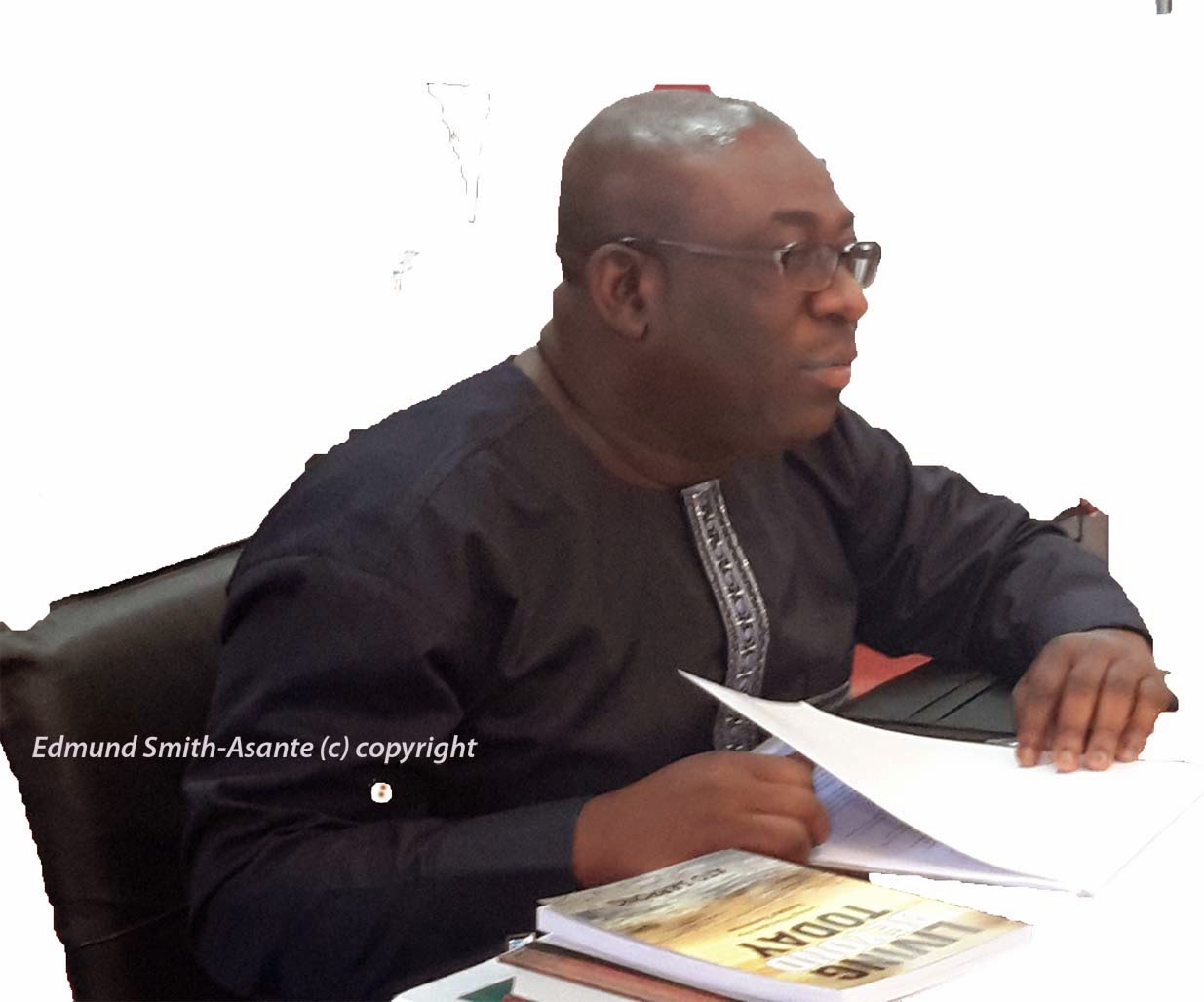Politics of exclusion, major cause of violence — IDEG
By Edmund Smith-Asante
 |
| Dr Emmanuel Akwetey |
Ghana’s “winner-takes-all”
democratic system is the underlining cause of the perceived threats of violence
in this year’s elections, the Institute for Democratic Governance (IDEG) has
said.
He said tension had arisen between
political parties and resulted in violence in certain instances because of the
current system of governance referred to as “winner-takes-all” but which he
labelled as the politics of exclusion.”
“So if we want to understand the
turbulence it is located in the exclusion.”
Describing the system as a
structural defect in Ghana’s democracy, Dr Akwetey said, “The 1992 Constitution
also has provisions which exclude people from participating in our democratic
governance and we call it institutionalised exclusion.”
He said what was odd about the
design of the system was that when elections were done, it was only the
Executive and the Legislature that were involved, although the arms of
government included the Judiciary.
According to Dr Akwetey, all
political parties were also using ethnic identities in governance, which he
said was against the Constitution.
“So when we use the term
‘winner-takes-all’, what it means is that the system we designed excludes,” he
further stated.
Defects of system
Dr Akwetey said as a result of the
way the “winner-takes-all” system was structured, the participation of people
in the governance system was becoming increasingly narrow, whereas the
revolution of the 1980s was intended to make everyone participate in
governance.
“But as we are polarised, when we go
to elections we exploit our differences and our divisions so badly that at the
end of the day we all feel that something is putting us apart,” he said,
adding, “The more people are excluded, the more they question the
system.”
According to the director, “We’ve
got to a situation where polarisation means that I don’t trust the government
of the day; I only trust my party coming into government to help me.”
Parliament
Dr Akwetey, however, noted there was
no exclusion in Parliament as the political parties worked together in the
various committees and shared roles among themselves.
“The problem is not in Parliament
but the problem is in the executive arm of government. And what epitomises the
exclusion so powerfully is the fact that the only multiparty election in the
executive arm of government is the presidency,” he said.
Dr Akwetey noted that in the local
government sector, there was not much competition because political parties
could not participate in local government elections, which meant it was
completely under the authority of the President.
He explained that it was due to the
limited opportunities to contest that political parties mainly concentrated on
presidential elections as the only way that they could get included in the
governance of the country.
“So there is this understanding that
probably we can alternate it. It will be relatively easier to handle this after
two terms. You will go through the hardship of eight years but you know that
after that it is more likely that it is your turn,” Dr Akwetey stated.
He, however, observed that although
Ghana had not had a ruling party staying on in power for three consecutive
terms, such a situation could happen if the electorate decided.
Writer’s email: edmund.asante@graphic.com.gh
This
story was first published by the Daily Graphic on May 18, 2016



Comments
Post a Comment